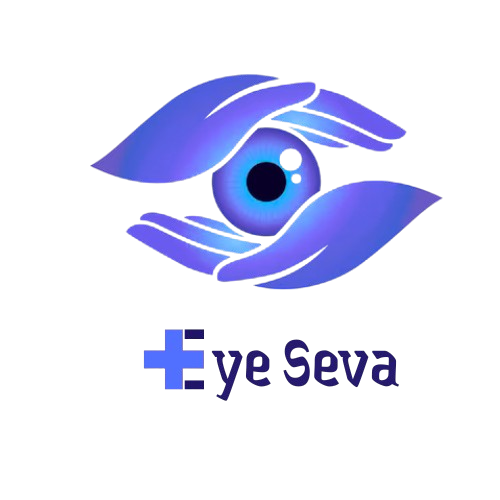Your eyes are constantly changing throughout your life—from the moment you’re born to your senior years. While many vision problems are age-related, you can take steps at every stage of life to protect your eyesight and maintain healthy vision. Whether you’re caring for a child, navigating adulthood, or entering your golden years, here’s how to keep your eyes sharp and strong at every age.
👶 Infants and Toddlers (0–5 Years)
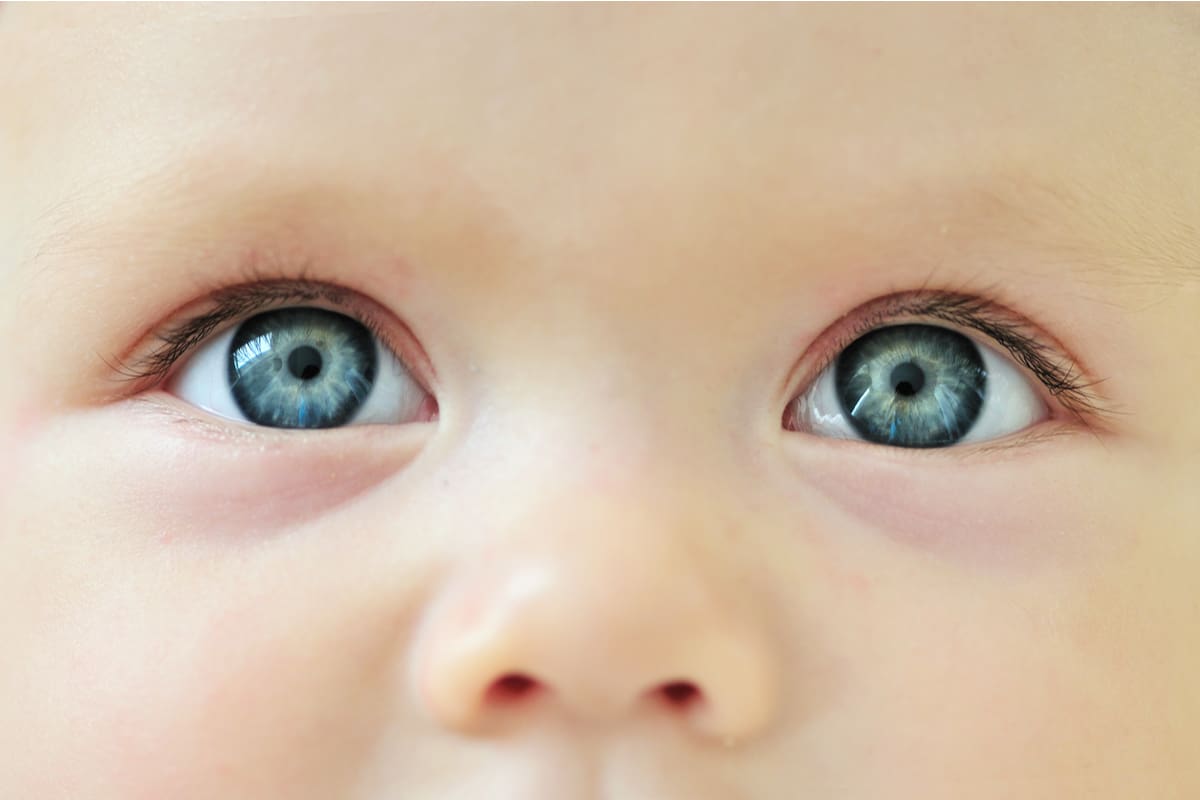
Why it matters: Early childhood is critical for visual development. Detecting problems early can prevent lifelong vision issues.
Tips:
- Schedule a pediatric eye screening by age 1, and again before starting school.
- Watch for signs like crossed eyes, excessive tearing, or delayed motor skills.
- Limit screen time—excessive exposure can strain developing eyes.
- Use toys that encourage hand-eye coordination and tracking (e.g., blocks, puzzles).
🧒 Children and Teens (6–18 Years)

Why it matters: School-age kids use their vision constantly for reading, learning, and digital activities.
Tips:
- Ensure yearly eye exams, especially if your child struggles in school.
- Encourage breaks from screen time—use the 20-20-20 rule.
- Make sure they wear protective eyewear during sports or outdoor play.
- Feed them a nutrient-rich diet (carrots, leafy greens, citrus) to support eye development.
👩💻 Adults (19–40 Years)

Why it matters: This is the digital generation. Staring at screens for long hours can strain and dry your eyes.
Tips:
- Follow the 20-20-20 rule when using digital devices.
- Wear sunglasses with 100% UVA/UVB protection.
- Stay hydrated and get adequate sleep—fatigue affects eye health.
- Use blue light filters or computer glasses to reduce digital eye strain.
- Don’t skip routine eye checkups, even if you don’t wear glasses.
👩⚕️ Middle Age (41–60 Years)
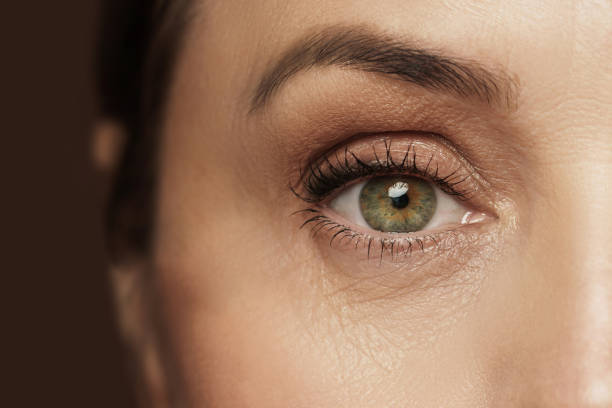
Why it matters: This is when vision changes like presbyopia (trouble seeing up close) and risk of eye diseases start to increase.
Tips:
- Use proper reading glasses or get a prescription for multifocal lenses.
- Get screened for glaucoma, cataracts, and macular degeneration.
- Eat foods rich in antioxidants, omega-3s, and vitamins A, C, and E.
- Manage chronic health conditions like diabetes and hypertension, which can affect vision.
👵 Seniors (60+ Years)
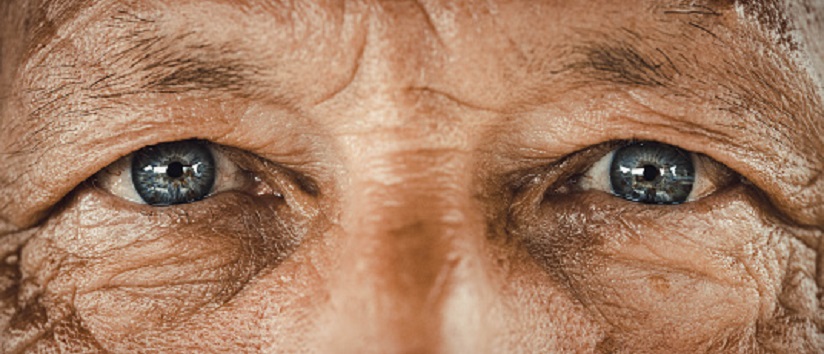
Why it matters: Aging increases the risk of vision-threatening conditions, including cataracts, glaucoma, and age-related macular degeneration (AMD).
Tips:
- Get comprehensive dilated eye exams annually.
- Stay active to improve blood circulation, which benefits your eyes.
- Use bright, even lighting at home to reduce eye strain.
- Use low-vision aids or magnifiers if needed.
- Stay informed about treatments—many age-related issues are manageable if caught early.
🥗 Healthy Habits for All Ages
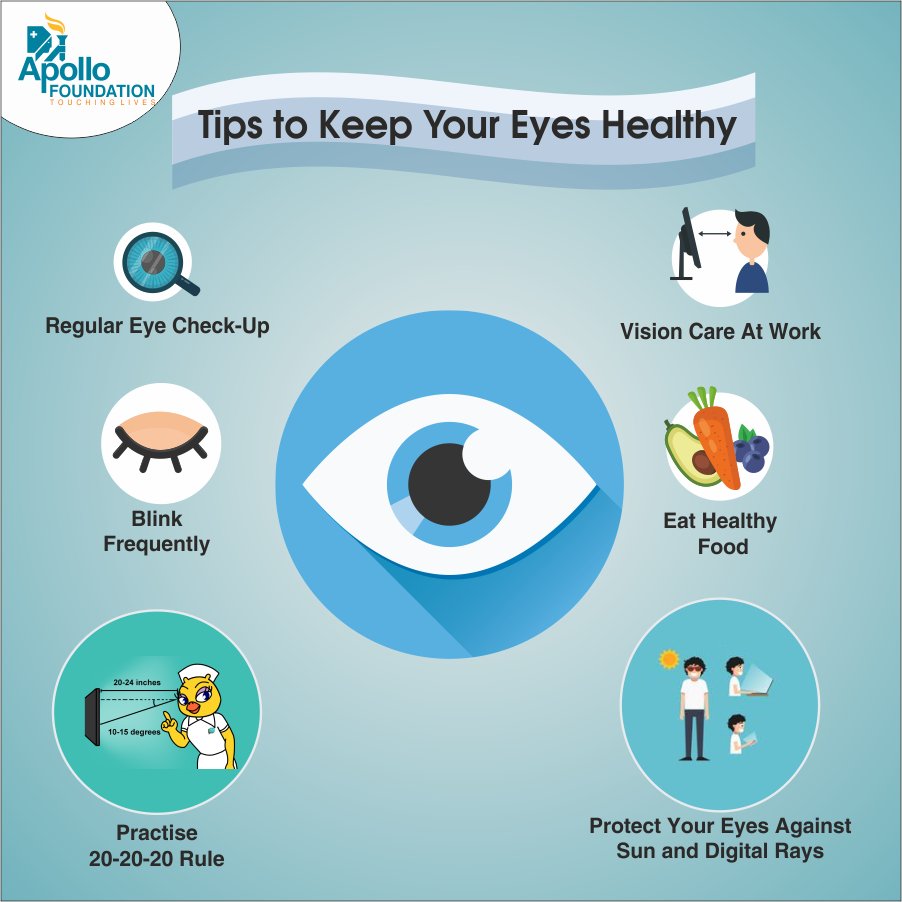
No matter your age, these habits promote lifelong eye health:
- Don’t smoke – Smoking increases the risk of many eye diseases.
- Maintain a healthy weight – Obesity is linked to diabetes and diabetic retinopathy.
- Exercise regularly – It improves circulation and reduces pressure in the eyes.
- Protect your eyes – Use goggles for tasks involving dust, chemicals, or sharp tools.
👁️ Final Thoughts
Your eyes are a vital part of your overall health—and they deserve care at every stage of life. By being proactive and making smart lifestyle choices, you can keep your vision strong and clear well into your later years.
Remember: Eye health is a lifelong journey. Start now—your future self will see the benefits clearly.
